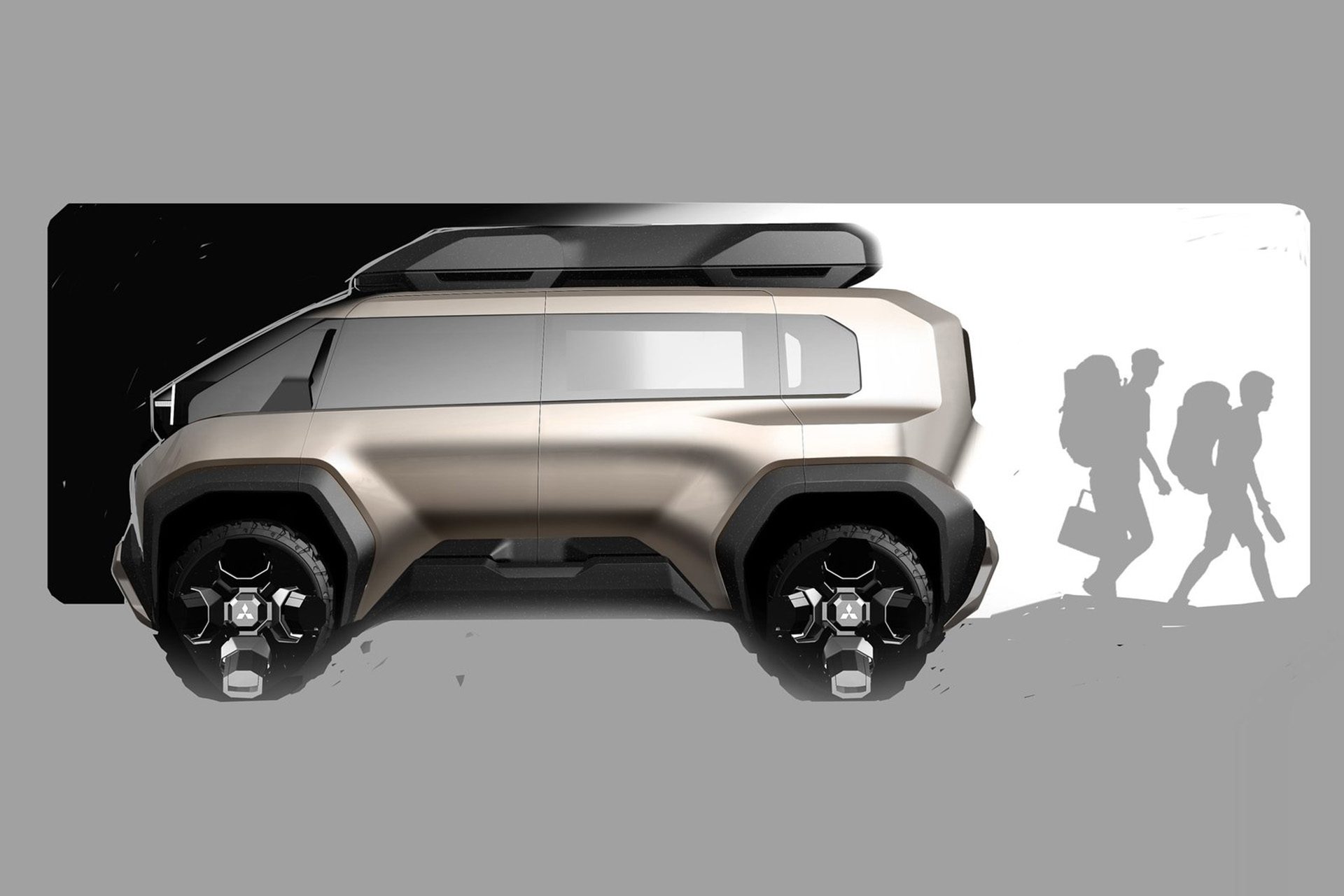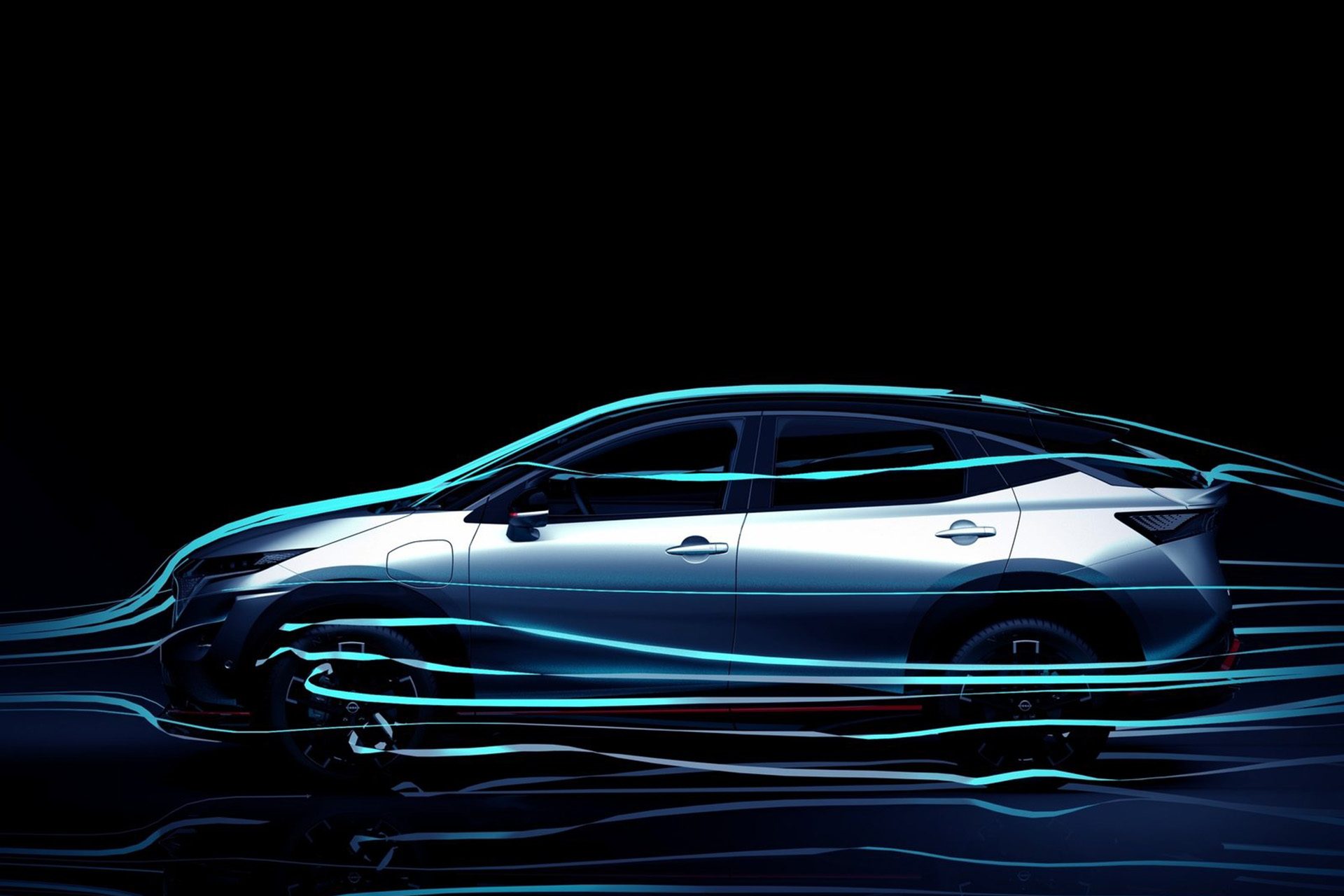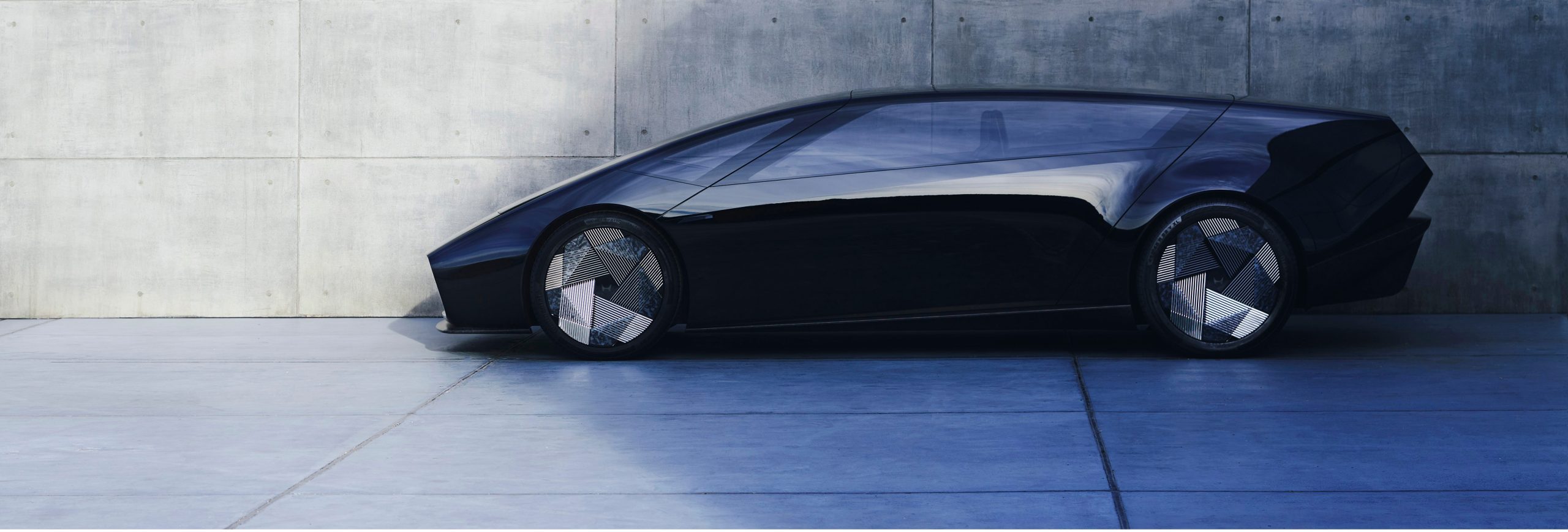Mitsubishi Motors may be the third wheel in the Nissan-Honda EV alliance as the trio seek to hasten their development of electric vehicles.

Nissan and Honda established a relationship in March of this year to co-develop software and components for next-generation EVs. The traditional rivals are cooperating in this area to counter the rise of Chinese firms in the new energy sector. The alliance also aims to cut development costs for the pair.
They are both finding it tough to compete with the Chinese who have access to cheaper raw materials and lower labour costs. The Japanese firms say they have to act faster and take a more cost-effective approach to R&D. They are concerned that solid-state battery development is growing apace and they may miss out.
The agreement between the pair involves no capital swap and is non-binding. It could end quickly if either party wants to exit.

Now Mitsubishi wants in on the deal. The three Japanese automakers will look at joining forces to standardize in-vehicle software and for other joint operations. They may even develop an EV together.
Meantime, Toyota has joined forces with battery firms like Panasonic and LG. It is going all-in on solid-state battery development. Toyota is also working on electrification strategies with Subaru, Mazda and Suzuki.
The global auto industry is slowly moving to vehicles that are connected, autonomous, shared and electric (CASE). However, it is difficult and expensive for any one carmaker to develop all the technologies alone.
The EV market leaders are BYD and Tesla with Japanese brands not so prominent. Now that companies like Sony and Google through parent Alphabet are entering the auto market, software and AI are becoming important in gaining a competitive advantage.

Honda has slowed production of ICE vehicles in China, as demand for EVs grows there. Nissan wants sales growth in the world’s biggest market and is introducing new EV models. The pair are looking at developing not just software but also drive units and batteries to cut development costs.
As a result of these new developments, shares in Mitsubishi Motors surged by over six per cent on news it plans to join Nissan and Honda on things EV related. Honda and Nissan stock rose by over 2.5 per cent as well.
Mitsubishi’s involvement in the Honda-Nissan partnership would be a good fit given Nissan’s one-third ownership of Mitsubishi Motors.
As an aside, a recent restructure of the Renault/Nissan/Mitsubishi Motors Alliance resulted in significant investment by the Japanese firms in Renault’s electric vehicle business Ampere.


